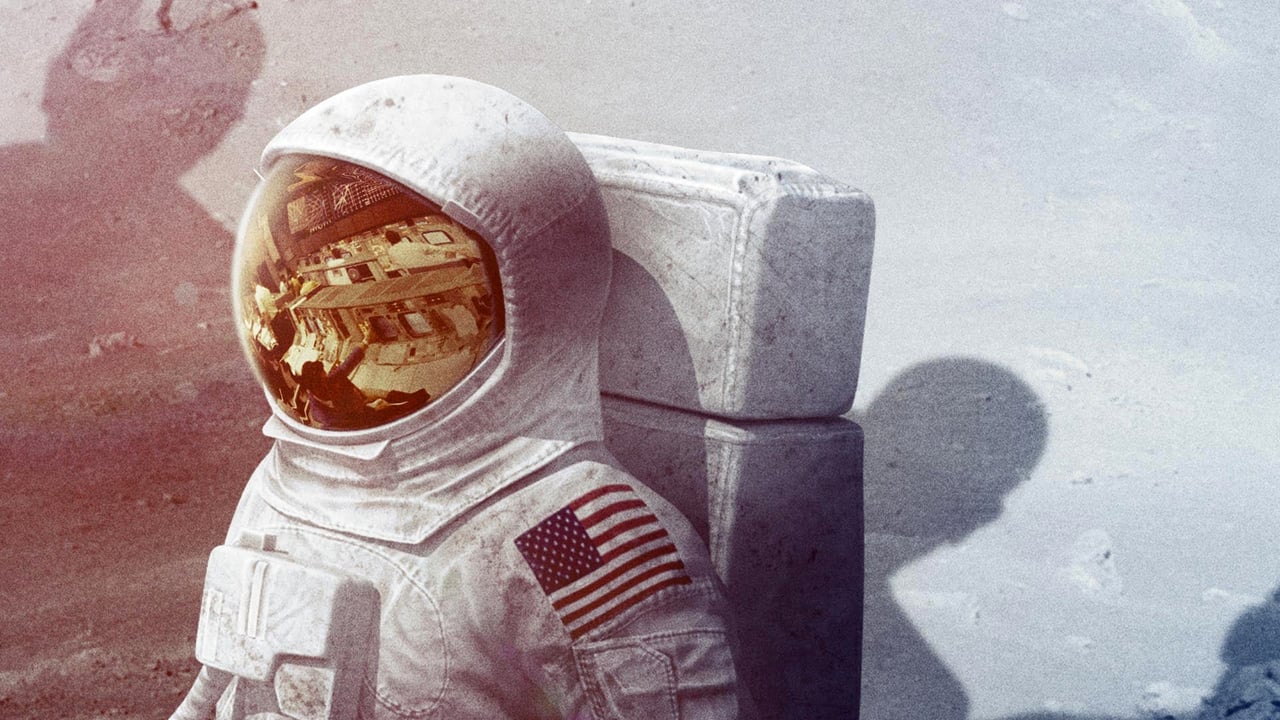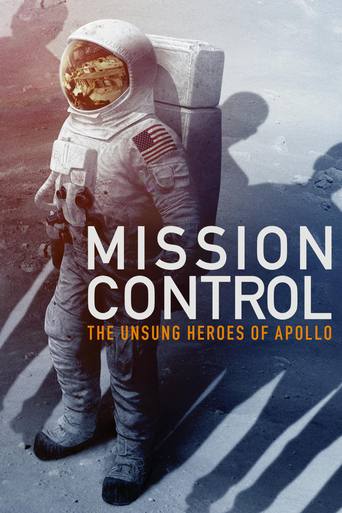

Best movie of this year hands down!
... View MoreI gave it a 7.5 out of 10
... View MoreThe film creates a perfect balance between action and depth of basic needs, in the midst of an infertile atmosphere.
... View MoreThe movie's neither hopeful in contrived ways, nor hopeless in different contrived ways. Somehow it manages to be wonderful
... View MoreThis is an actual good documentary which in my opinion is underated. Interviews with numerous engineers that worked on the apollo program as wel as archival footage mixed with VFX really give a good representation of what the missions were like and how special of an achievement the apollo missions were.
... View MoreWhile it was great to see and hear anecdotes from the actual team members inside the control rooms - real history - I just felt the whole movie was too light, too casual and missed the chance to go deeper into the Mission Control genesis, development, installation, maintenance, etc... How did the initial systems work? We are told that Chris Craft had a big hand in the software development, but it was glossed over. At one point, they mention that the first few Mercury missions were managed from ground control in Cape Caneveral from inside metal trailers and that simple "gauges" were the instrumentation in front of the controllers. The immediate film clip that follows this comment is a shot of more modern consoles with video screens. Were there no archives available of those earlier control rooms? Odd that a story about precision is delivered with simple misses like that. What about the politics that moved Mission Control from MIT and Kendall Sq in Boston to Houston? (LBJ forced that post Kennedy). What about the companies that provided these key systems and the interplay with how they were used, debugged and improved (or not) over time? Not a waste of time to watch, but left me feeling the filmmakers could have really brought some deeper research to bear.
... View MoreThis documentary, directed by David Fairhead, offers the viewer a most candid behind the scenes look at Houston's Mission Control Center during the early U.S. space program. If focuses primarily on the Apollo Program, of the 1960's and 70's, with plenty of archival footage of the times and interviews with those that manned the control room, as well as the astronauts that flew the early missions.The film includes the tragedy of Apollo 1 when 3 astronauts died in a capsule fire as they awaited liftoff at Cape Kennedy, the first manned orbit around the moon on Apollo 8, and, of course, the remarkable team effort to return Apollo 13 safely back to earth after a life threatening malfunction (you may have seen the movie).Naturally, I'm not forgetting Apollo 11, where Neil Armstrong became the first man to set foot on the moon, setting off shock waves and awe around the world. It was fascinating for me, even though I have seen other movies on this subject over the years, to hear the intricate details of what went into each flight from the engineers, flight controllers, and astronauts that lived through every minute of it.
... View MoreI had the pleasure of seeing "Mission Control: The Unsung Heroes of Apollo" during SXSW Film 2017. I thought the documentary was well constructed, juxtaposing stills and videos from the late 1960s and early 1970s with present-day video interviews of many of the engineers who ran Mission Control at NASA. This is the kind of documentary that could easily be 10 hours, so I can understand the challenges the director faced to determine what to put in and what to leave out from the primary feature.Several of the engineers interviewed in the movie were present on stage after the screening, including John Aaron and Jerry Bostick.The documentary included interviews with Mission Control managers and engineers Dr. Christopher Kraft, Gene Kranz, Glynn Lunney, Jerry Bostick, John Aaron, Gerry Griffin, Ed Fendell, Sy Liebergot, and several others. It also had interviews with astronauts Gene Cernan and Jim Lovell.The movie begins at the dawn of the Space Race with discussions of test pilots and moves quickly to the sense of urgency created when the USSR launched Sputnik and put Yuri Gagarin into space. It covers the Mercury, Gemini and Apollo programs well through Apollo 13, but then summarizes Apollo 14 through present-day ISS in only a few minutes. While the stories of Apollo 1, Apollo 8, Apollo 11, Apollo 12, and certainly Apollo 13 are incredibly engaging, I would have loved to see a bit more time devoted to events after Apollo 13, and a deeper discussion from the interviewees on how they felt as the program wound down and the last few Apollo flights were canceled.Nevertheless, the documentary is really great, and strongly recommended. In a few more years, all the great leaders who made six moon landings and much more at NASA possible will no longer be with us. Think about that as you watch this, and consider supporting continued space exploration.
... View More